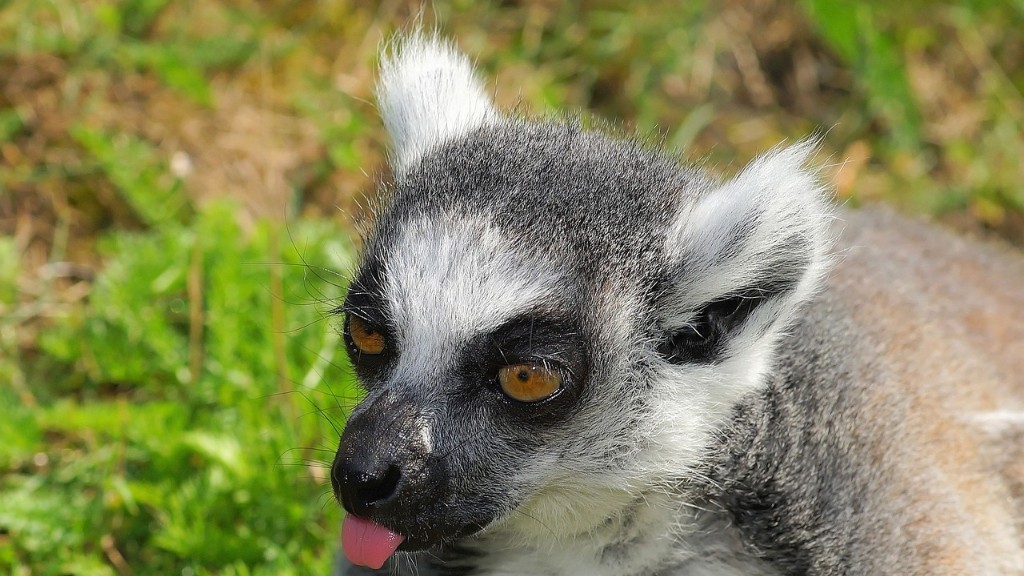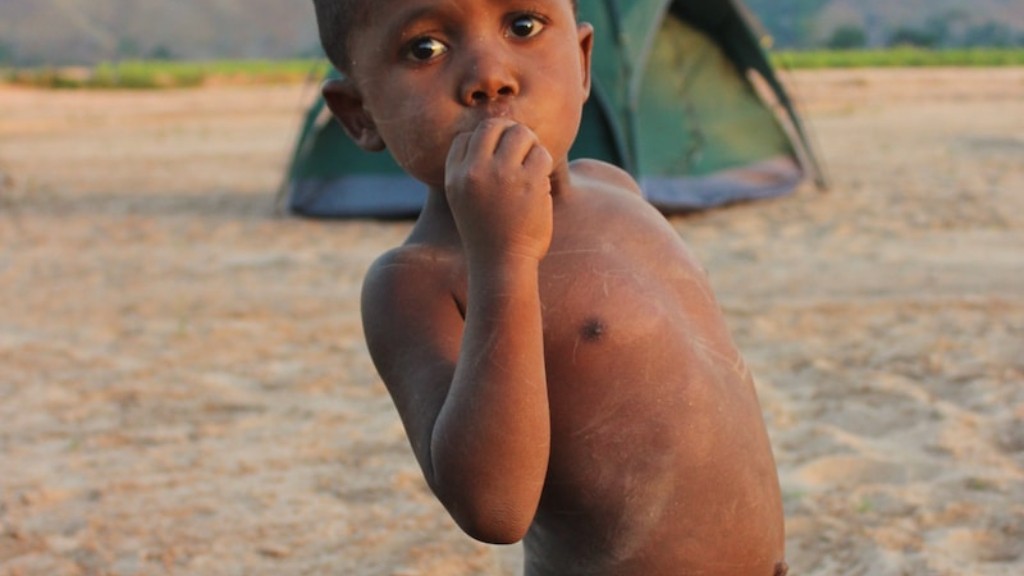What Are the Important Natural Resources of Madagascar?
Madagascar, situated off the eastern coast of Africa, is a biodiversity hotspot and is home
to an array of valuable natural resources. Its unique ecosystem is recognized worldwide and
contributes significantly to global ecological balance. This article explores the main natural
resources found in Madagascar and their importance.
1. Biodiversity and Endemic Species
One of Madagascar’s most critical natural resources is its rich biodiversity. The island is
home to numerous endemic plant and animal species found nowhere else on Earth. Over 90% of
Madagascar’s wildlife and plant species are endemic, making conservation efforts in this region
of utmost importance.
Experts suggest that preserving this unique biodiversity not only benefits the conservation of
species but also presents vast possibilities for pharmaceutical research and development. Many
plants found in Madagascar have been used in traditional medicine and could hold potential for
discovering new treatments for various diseases.
2. Forests and Timber
Madagascar is renowned for its lush forests, which cover approximately 20% of the country’s
land area. These forests are a vital natural resource, providing habitat for diverse wildlife,
regulating water flow, preventing soil erosion, and contributing to climate stabilization.
Unfortunately, deforestation poses a significant threat to Madagascar’s forest ecosystems. The
logging industry, driven by the demand for valuable timber products, has resulted in the loss of
approximately 90% of the original forest cover. Sustainable forest management and initiatives to
combat illegal logging are crucial in ensuring the preservation and sustainable use of this
vital resource.
3. Minerals and Mining
Madagascar is also rich in mineral resources, including graphite, chromite, nickel, ilmenite,
and various gemstones. The mining sector plays a significant role in the country’s economy,
contributing to export revenues and job creation.
However, the extraction of minerals must be done responsibly to minimize environmental
degradation and ensure the well-being of local communities. Sustainable mining practices, such
as proper waste management and community engagement, are essential to mitigate the negative
impacts and maximize the benefits of this resource.
4. Agricultural Potential
Madagascar possesses significant agricultural potential due to its fertile soils and favorable
climate. The country’s diverse agricultural sector produces a wide range of crops, including
rice, vanilla, coffee, cocoa, and spices.
Agriculture plays a vital role in the country’s economy, employing the majority of the
population and contributing to both domestic consumption and export earnings. Promoting
sustainable farming practices, increasing agricultural productivity, and improving market access
can further enhance the importance of this natural resource in supporting livelihoods and
fostering economic growth.
5. Coastal and Marine Resources
Madagascar’s coastal and marine resources are of great ecological and economic significance.
The island is surrounded by extensive coral reefs, seagrass beds, and mangrove forests, which
support a vast array of marine species and provide protection against coastal erosion.
Fishing and aquaculture are essential economic activities, providing food security and livelihoods
for many coastal communities. However, overfishing, destructive fishing practices, and pollution
pose significant threats to these resources. Implementing sustainable fisheries management
strategies and conservation measures is crucial to preserve the coastal and marine environments
for future generations.
6. Renewable Energy Sources
Madagascar has significant untapped potential for renewable energy generation. With abundant
sunlight and strong wind resources, the country could harness solar and wind power to meet its
energy needs sustainably. Expanding the use of renewable energy sources would reduce reliance on
fossil fuels, promote energy independence, and contribute to global efforts to combat climate
change.
Developing renewable energy infrastructure and fostering investment in this sector could bring
about numerous benefits, such as job creation, rural electrification, and reduced greenhouse gas
emissions.
7. Tourism and Ecotourism
Madagascar’s natural beauty and unique wildlife attract a significant number of tourists each
year. The country’s diverse ecosystems, including national parks and nature reserves, offer
opportunities for nature-based tourism and ecotourism activities.
Promoting sustainable tourism practices and investing in infrastructure and services can boost
the tourism sector’s growth and provide economic opportunities for local communities. However,
it is crucial to balance tourism development with conservation efforts to ensure the long-term
preservation of Madagascar’s natural resources and cultural heritage.
8. Conclusion
Madagascar possesses a wealth of important natural resources that contribute to its ecological
integrity, economic development, and cultural significance. Ensuring the sustainable management
and conservation of these resources is crucial for the well-being of both present and future
generations.
By recognizing the value of biodiversity, preserving forests, promoting responsible mining and
agriculture, safeguarding coastal and marine resources, investing in renewable energy, and
balancing tourism development with conservation, Madagascar can continue to thrive while
protecting its unique natural heritage.




